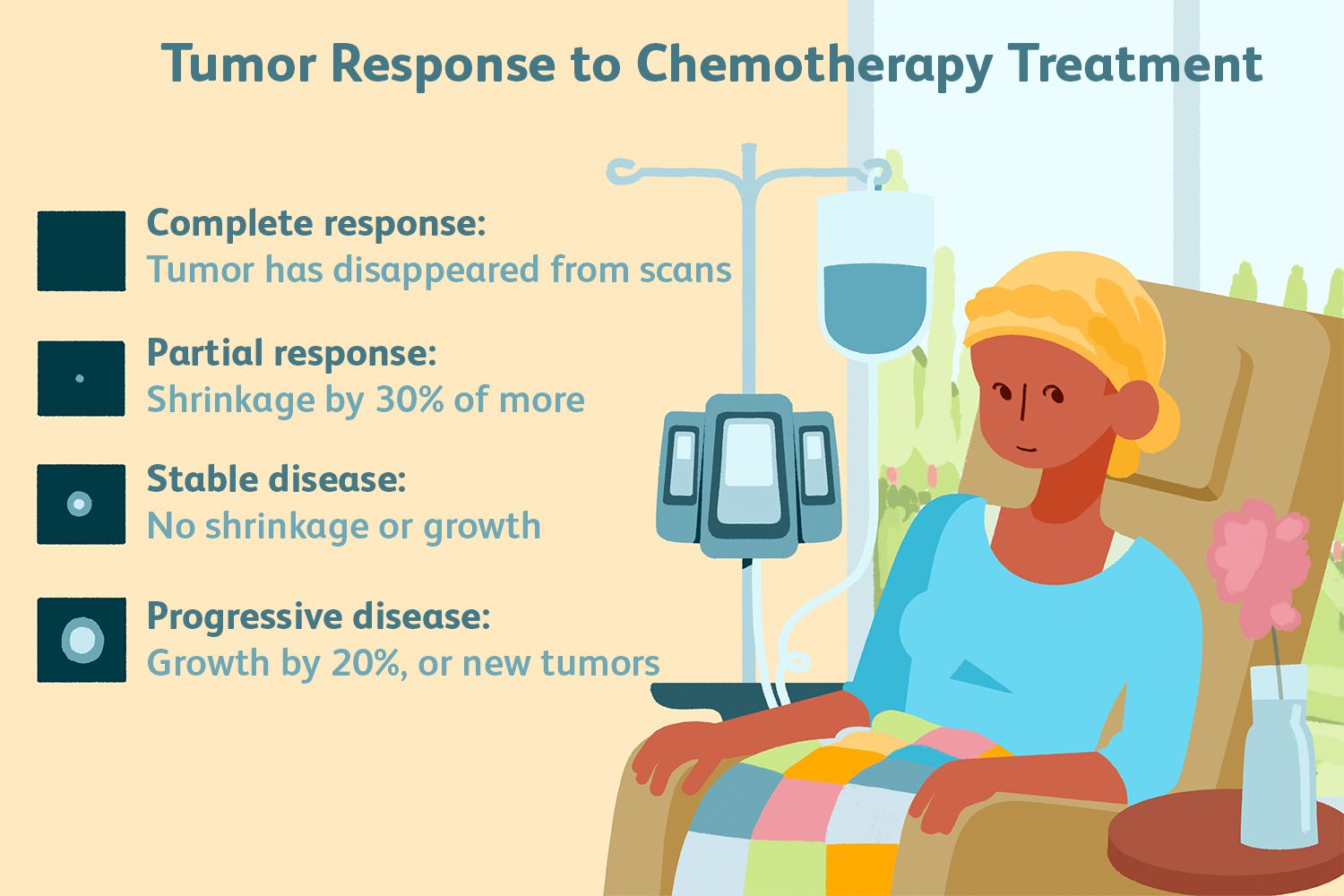
Medicare Part D plans don't cover hospice medication. Find out more about Medicare Part D plans and hospice medications. Also learn about common types of hospice medications and how hospices dispose of their medication. This article will cover the most common types of hospice medications and their potential side effects. Learn about how to dispose of your loved one’s medication. It is time to plan for the end, not just give your loved one the best possible care.
Medicare Part D doesn't cover hospice medications
It is possible that your Medicare doesn't cover hospice medication. You may be wondering how you can get it covered under your Part D plan. Law requires hospice providers to disclose information about medications to your Part-D plan. Once the plan has this information, it must pay for the medication. This can be challenging if you have a long-term illness. Contacting a Medicare agency will help you find out if you have insurance that covers hospice medication.
In March 2014, the Centers for Medicare & Medicaid Services issued final guidance regarding hospice medication billing. The final guidance on hospice medication billing was issued by the Centers for Medicare & Medicaid Services (CMS) in March 2014. However, a coalition made up of other healthcare organizations and hospice groups lobbied Congress to suspend the guidance. The CMS met with key stakeholders in late June and issued revised guidance in mid-July 2014 that supersedes parts of the March guidance. The new guidance is effective as of January 1, 2018.

Common hospice medications
Many prescribed drugs in hospice medicine can prove to be detrimental or harmful for patients who are terminally ill. Both patients and caregivers will be able to make informed decisions regarding the risks and benefits of these medications, which will allow them and their families to make the best decisions possible for their final journey. The common opioids and sedatives are not the only ones hospice doctors consider. They also need to be aware of warfarin interactions and phenobarbital. These can both affect the cost of the drug and their effectiveness. Hospice medical directors should consider the potential risks and benefits of each medication to each patient.
Morphine is one of the most commonly used hospice medications. It is a strong opioid that can control severe acute and persistent pain. Patients with terminal cancer are often prescribed morphine to help them breathe. The side effects of morphine include drowsiness (headache), shortness of breath, and drowsiness. But, morphine, even with these risks, is quite safe when used at the appropriate dosage to treat symptoms.
Side effects of Hospice medications
One of the most common hospice medications is acetaminophen, a prescription pain reliever that helps reduce fever and relieve minor aches and pains. Although it's very effective at pain relief, there are some side effects such as nausea, constipation, dark urine, and constipation. It may interact with other drugs like warfarin or phenobarbital.
Morphine, which is another common hospice medication, reduces the need to breathe. It relaxes the blood vessel wall muscles, improving the ability of coronary blood vessels and diverting oxygen rich blood away form the heart. While morphine is safe when used at the correct dosage, it can cause dangerous side effects. Morphine can cause convulsions, and it could increase your risk. To minimize side effects, morphine must only be given in small doses.

Hospice care: Medical dispensing
All medications must be documented by hospice staff. Documentation should include information about the medication, including dosage, route of administration and quantity disposed. Documentation should also indicate the date, hour, and method of destruction. Although most hospice staff are concerned about how to dispose of unused medicines safely, there are some important guidelines. To prevent potential hazards to patients, staff and the environment, hospice staff must properly dispose of any unused medication.
According to the National Survey on Drug Use and Health (NSDUH), 10.1 million people had misused opioids within the last year. According to a study, 86 percent of heroin users used opioid pain relievers for non-medical purposes before injecting heroin. The three main sources of these were friends and family members, personal prescriptions, and friends. To avoid drug diversion and misuse, it is crucial to properly dispose off any medication that has expired. Hospice staff must document the destruction of all medication and inform loved ones of their legal responsibilities.
FAQ
How long does it take to dissolve?
Sometimes people wonder how long it takes to break up and whether it's worth staying together. No matter how hard we try, we won't always be successful in breaking up.
But if you're trying for an end to a relationship with someone who won't listen, it might take longer.
Even if everything has been tried, it's possible to fail. Because some couples just aren’t meant to be together.
First, talk to the person you are thinking of ending your relationship with. Tell them that you made a decision to end your relationship with them and ask them if this is their view.
If they affirm your plan, then you can proceed. However, if they do not agree with your decision, you should reconsider.
How to manage a confidante partner
If you are looking for advice on how to deal with a clingy partner, then there are many ways to do this. You could try talking to them about what they want from you, but if they don't seem interested in hearing anything else, then you may need to take action.
It might be worth taking a trip away with your partner at least once per week, to allow yourself to reflect and dream.
Consider leaving if you feel that someone is controlling you.
It is important that you remember that although you may be inseparable, you each have your own needs. One person may want to be close to the other all the time, while the other might just want to go out on occasion.
You should question yourself why you find yourself spending more time with your partner than you do with your family. Are you enjoying their company or are you afraid of losing them?
Once you know the answer to that question, then you'll be able to decide whether you want to stay or leave.
What should I do if my boyfriend/girlfriend does not like me anymore
When you meet someone new, it's common to assume that you'll have a great relationship for the rest.
This assumption can sometimes prove to be wrong. In fact, many people find themselves in a situation where their partners don't really like them anymore.
This can make you feel very sad and confused. If you are experiencing this problem, you should know what to do next.
First, accept the fact that your partner might not be interested in you anymore. If you don't believe them, it will only make things worse.
The next step is to find out why they don't love you. You may not like certain people.
They might not like your personality, for example. You might be a little too ugly for them.
You shouldn't be ashamed of yourself, no matter the reason. You didn't do anything wrong.
You should work hard to improve yourself and make it more attractive to your spouse.
Why does love fade away?
Our mutual dependence causes love to fade. We get so used to each other that we forget about our differences.
We lose sight on why we fell inlove with one another.
We then wonder why we don't feel happy anymore.
It's easy to fall in love and be swept away. Everything else seems insignificant. Your partner is all you need to think about.
Then you look at all the things making you unhappy and start to get tired.
You start to think: "I don't know if I really love him/her afterall."
This is because you have lost sight of the reason you were attracted to your partner. This is when you begin to compare yourself to your ex partner.
You see that they were far better than yours.
This realization leads you to ask yourself if your relationship should be continued.
But before you decide to end it, ask yourself these questions: Do you still enjoy being with your partner? Are you happy with how your life looks now?
If the answer to both of these questions is yes, then you shouldn't break up.
You still love being with your partner, even though you might be disappointed.
You deserve happiness.
Do not let love go. Continue loving until you find someone that loves you back.
Statistics
- After analyzing the data and controlling for the influence of other personality traits and demographic factors, she found that gritty men were 17 percent more likely to stay married. (time.com)
- But Gottman's research shows that three years into a relationship if you're not arguing at all, you're much more likely to find yourself arguing in divorce court. (time.com)
- Why Relationships Matter Find a therapist to strengthen relationships With the national rate of divorce hovering close to 50 percent, people understandably wonder how they can make a relationship last. (psychologytoday.com)
- The story they tell predicts with 94% accuracy whether they will divorce in 3 years. (time.com)
External Links
How To
How to handle a long distance relationship
Two people living far from one another and not seeing each other often is a long-distance relationship. This is usually due to their different work locations, which makes it difficult for them to spend much time together. But they want to keep a strong and healthy relationship. This is a common problem for many couples when they marry. They are often separated geographically and are unable to spend enough time together. But they still try to make the most out of their relationship.
There are many ways to deal with a long-distance relationship. It depends on what you think about the situation. If you love someone and want to be with him/her every day, then you should consider what you can do to keep the relationship alive. It might be worth considering traveling to your partner frequently. If your partner works in a local area, it might be possible to find a way to travel there often. You can even begin writing letters to one another. You can even start writing letters to each other.
You can also make use of technology to stay in touch. Skype, WhatsApp or Viber are all great apps that allow you and your partner to chat without having to meet in person. While these apps cannot replace real-life communication, they can be a great way to keep in touch.
Children might enjoy being involved in the conversation. Children understand things better when their parents tell them stories. Talk to your children about your relationship and encourage them to share your thoughts. Encourage your children to write letters. Tell them how stressful your job is and why you miss the time spent with them. They will understand why you can't come home as often or as frequently as you would like.
In conclusion, you should never forget that a long-distance relationship isn't easy, but it doesn't mean you shouldn't continue trying to make it work. Communication is key. Communication is essential.